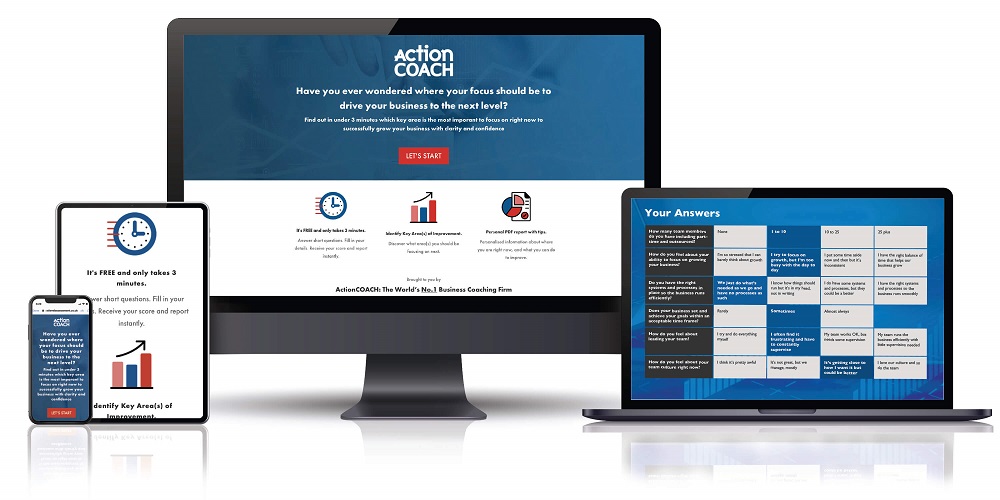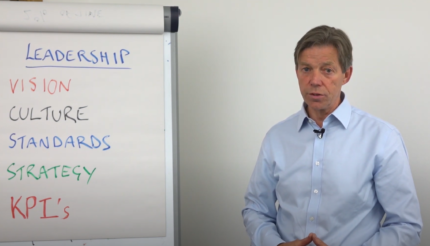Boost team productivity: how can I help my team become more productive?
Boosting team productivity requires a combination of effective leadership, clear communication, fostering a positive work environment, and providing the necessary resources and support. Here are some strategies to help your team become more productive:
- Set clear goals and expectations: Clearly define and communicate the team’s goals, objectives, and performance expectations. Ensure that each team member understands their individual role and how it contributes to the overall team’s success. Establish measurable targets to track progress and provide regular feedback on performance.
- Foster a supportive work environment: Create a positive work culture that encourages collaboration, open communication, and mutual respect. Encourage teamwork, recognise and appreciate individual and team achievements, and promote a healthy work-life balance. When employees feel valued and supported, they are more likely to be motivated and productive.
- Provide the necessary resources and tools: Ensure that your team has access to the resources, tools, and technology they need to perform their tasks efficiently. Remove any obstacles or barriers that hinder productivity, such as outdated equipment or inefficient processes. Invest in training and development opportunities to enhance skills and knowledge.
- Delegate effectively: Delegate tasks to team members based on their strengths, skills, and interests. Empower your team by assigning responsibilities and providing them with the authority to make decisions and take ownership of their work. Delegating effectively not only distributes the workload but also motivates team members and allows them to grow professionally. Every task should be delegated to the lowest cost competent person.
- Encourage open communication: Establish channels for open and transparent communication within the team. Encourage team members to share their ideas, concerns, and feedback. Regularly hold team meetings, one-on-one discussions, or brainstorming sessions to promote collaboration and ensure everyone is aligned on goals and progress.
- Streamline processes and eliminate unnecessary tasks: Review existing processes and workflows to identify inefficiencies and bottlenecks. Streamline procedures, automate repetitive tasks where possible, and eliminate any unnecessary or redundant activities. This allows team members to focus their time and energy on high-value tasks and projects.
- Foster a culture of continuous improvement: Encourage your team to constantly seek ways to improve their work processes and outcomes. Create opportunities for innovation and experimentation. Support and recognise efforts to learn new skills, explore creative solutions, and share best practices. Encourage learning and development through training, workshops, and cross-functional collaborations.
- Provide regular feedback and coaching: Offer timely and constructive feedback to your team members on their performance. Recognise their achievements and provide guidance on areas for improvement. Implement regular performance evaluations or check-ins to discuss progress, set goals, and provide support.
- Promote work-life balance: Recognise the importance of work-life balance and encourage your team members to maintain it. Foster an environment where employees feel comfortable taking breaks, using their holiday time, and managing their workload effectively. Encourage self-care and stress management to prevent burnout and maintain productivity in the long term.
- Lead by example: As a leader, set a positive example for your team. Demonstrate strong work ethic, professionalism, and a commitment to excellence. Be accessible, supportive, and responsive to your team’s needs. By modelling the desired behaviours and attitudes, you inspire your team to follow suit.
Remember that every team is unique, so it’s important to understand the specific dynamics and needs of your team members. Regularly evaluate and adjust your strategies based on their feedback and evolving circumstances. By prioritising productivity and supporting your team’s well-being, you can create a motivated and high-performing team.
Want to take your business to the NEXT LEVEL?
Visit the link below to receive a FREE personalised business report: matthewatkin.nextlevelassessment.co.uk






